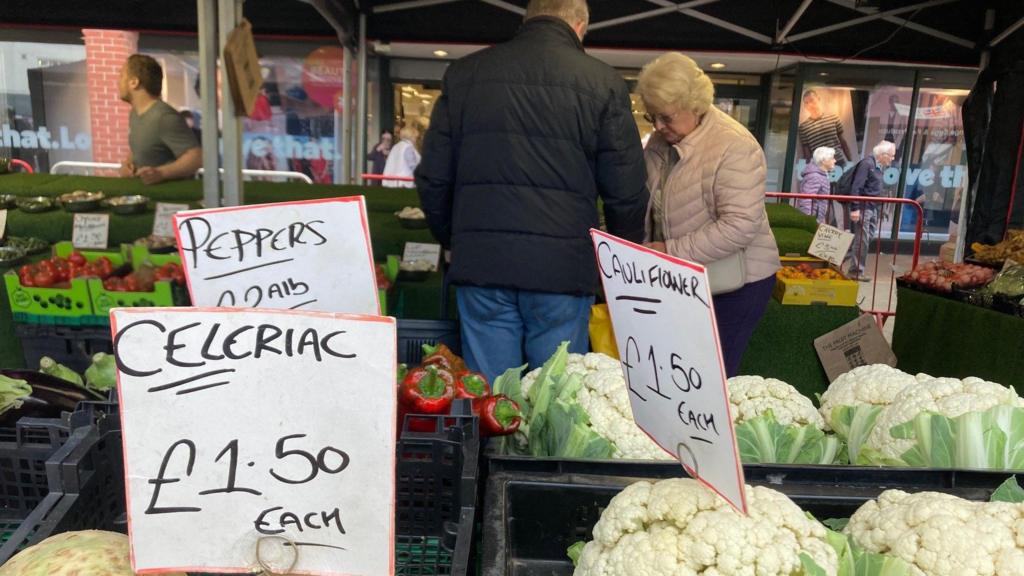There may soon be a need to require shops and service providers to accept cash payments to safeguard individuals who depend on cash, Members of Parliament have warned.
A recent report from the Treasury Committee examining cash acceptance has advised that, while it stops short of proposing a legislative change, the government must significantly enhance how it monitors this issue.
“A future scenario could arise where HM Treasury must mandate the acceptance of cash if sufficient protections are not established for those reliant on physical currency,” the report noted.
Internationally, jurisdictions such as Australia and parts of the European Union are already moving toward requirements for essential services to accept cash in some situations.
Despite this, a government minister told the inquiry that there are currently no plans to make cash acceptance a legal obligation.
At present, businesses retain the right to determine which payment methods to accept.
With a growing shift to card-only payments, the committee highlighted that costs could rise for essential goods and services at venues that continue to accept cash.
This trend risks imposing a “poverty premium” on those who rely on cash for budgeting, and could disadvantage vulnerable populations, including people with learning challenges and seniors.
“A substantial minority of consumers remain dependent on access to cash,” noted Dame Meg Hillier, chair of the influential Treasury Committee.
She described the committee’s report as a “wake-up call” regarding the dangers of neglecting those affected by declining cash use.
The committee urged the government to make substantial improvements in monitoring and reporting on levels of cash acceptance.
Failure to act, it cautioned, may lead to exclusion from public amenities, such as leisure centres, theatres, or transport services. Testimony also included accounts of motorists unable to pay for parking with cash.
“The government currently lacks insight into the scope of cash acceptance—a position the committee regards as unsustainable,” Dame Meg stated.
Concerns were particularly notable for victims of domestic and economic abuse, who may need to use cash to maintain privacy or achieve financial independence from abusers.
This report represents one of the most significant contributions to the national debate over the future of cash since the Access to Cash Review in 2019, which called for urgent measures to preserve the role of physical currency.
Among the key findings, the committee concluded that cash remains crucial for certain sectors, such as market stallholders, whose livelihoods depend on flexible payment options.
Epsom, Surrey, has hosted a market for centuries, but only recently have traders observed the majority of transactions shifting to electronic payments.
Chris Ilsley, the operator of CI Plants at the market for 13 years, has witnessed a dramatic shift: from exclusively cash payments at launch to now 70–80% made via card.
Ilsley, surrounded by blooms, said he accommodates all forms of payment, noting that while cards are somewhat easier, they can be slower to process.
“We’ll accept whatever customers wish to use,” he said. “For safety, I often encourage the older generation to use cards.”
Tom Cresswell, who runs The Fruit Machine stall, added that most of his long line of customers now prefer card payments.
“Younger people rarely use cash—they opt for phones and smartwatches,” noted Cresswell. “Older patrons, however, are more likely to pay with cash. Ultimately, it’s about what suits the customer best.”
The release of this report coincides with the Post Office’s announcement of an extended partnership with banks, ensuring public access to fundamental banking services at branch counters.
The agreement, running until 2030, enables customers from 30 banks and building societies to withdraw and deposit cash, perform balance checks, and deposit cheques at local post offices.
However, some campaigners have urged for the immediate legal enforcement of cash acceptance.
Ron Delnevo, from the Payments Choice Alliance, criticised what he described as the committee’s “procrastinating approach.”
Public feedback submitted to the BBC has overwhelmingly endorsed the value of cash, especially in managing personal budgets.
The Treasury has reaffirmed its commitment to establishing 350 banking hubs nationwide.
“We support businesses choosing to continue cash acceptance, and new Financial Conduct Authority regulations are in place to help them make deposits,” a Treasury spokesperson stated.
Subscribe to our Politics Essential newsletter for comprehensive coverage of Westminster and beyond.
The retailer says it has deactivated parts of its IT infrastructure following a recent incident.
The Honesty Jar initiative supports those in financial distress by offering goods at no or low cost.
Caty Jones, owner of K Teas Cakes, emphasises the ongoing importance for businesses to accept cash payments.
The recent slowdown in the housing market correlates with lower thresholds for stamp duty liabilities.
The BBC has learned that food supplies are expected to return to normal levels before the end of the week.

